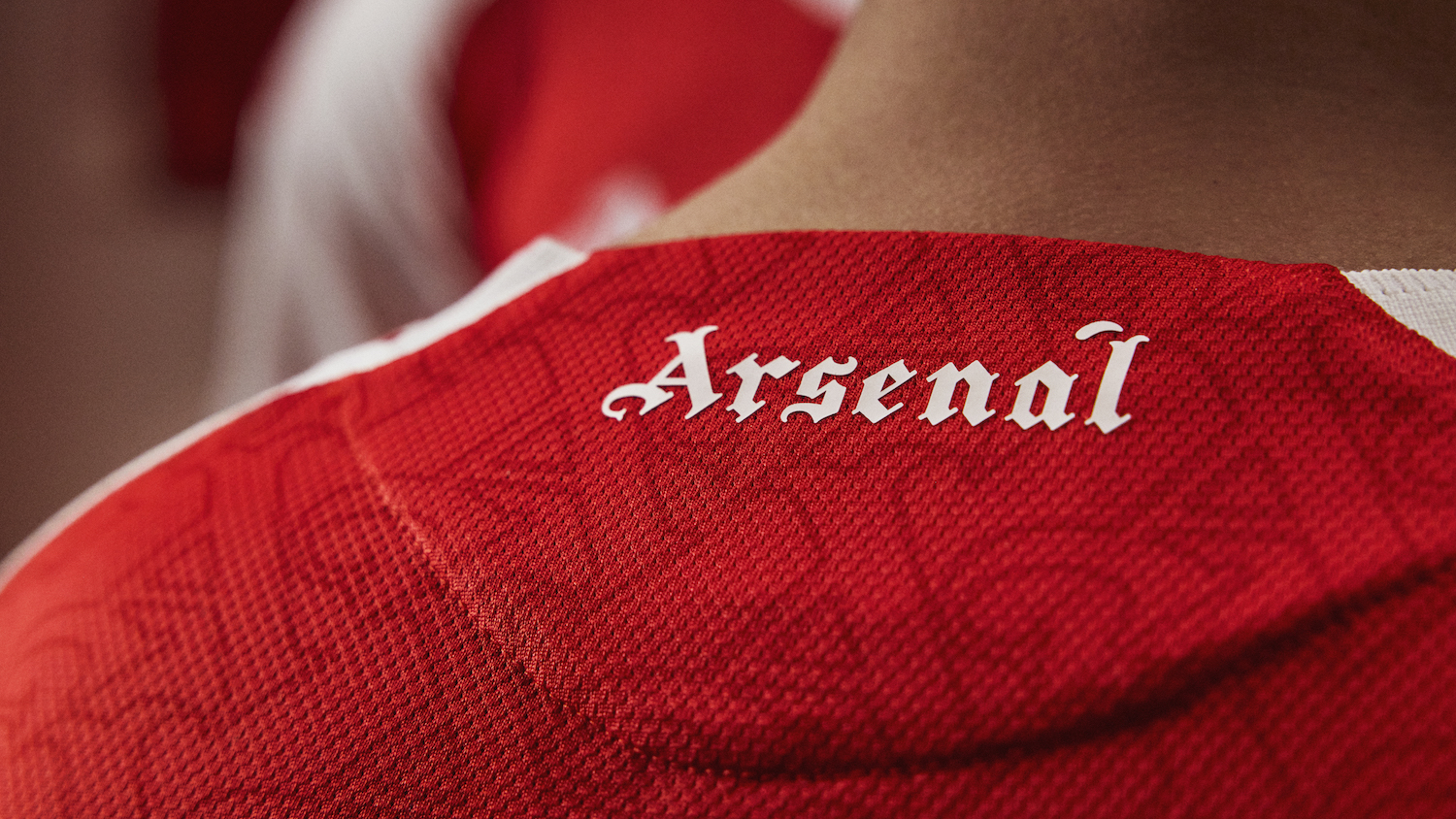WSL out in force and Sweden go for experience – how Euro 2022 squads compare

The Women’s Super League will provide more players than any other league at this summer’s European Championship, including all but three of the England squad.
The 16 squads announced for the tournament include 64 players from English clubs, all but five from the top flight, to edge out Germany’s Frauen-Bundesliga as the most represented league.
Last season’s top three of Chelsea, Arsenal and Manchester City are among nine clubs worldwide to provide 10 or more players, Barcelona leading the way with 16, and here the PA news agency assesses the make-up of the squads.
England count on home comforts
Squad match day walk ✅ 🏞 pic.twitter.com/5Brm9vSgmk— Lionesses (@Lionesses) June 30, 2022
England host the tournament and the overwhelming majority of Sarina Wiegman’s side will be on familiar ground.
According to UEFA’s official tournament squad lists, Manchester City provide eight of the 23 players, even after Steph Houghton’s exclusion and the departures of Lucy Bronze and Georgia Stanway for Barca and Bayern Munich respectively. Rachel Daly, playing in the United States with the Houston Dash, is the other overseas-based player.
There are also four each from champions Chelsea and runners-up Arsenal, three from Manchester United and Aston Villa goalkeeper Hannah Hampton.
The group stage will pit them against Norway, whose seven WSL players match the most for any nation other than England. Chelsea’s Maren Mjelde and Guro Reiten, Manchester United duo Maria Thorisdottir and Vilde Boe Rise, City defender Julie Blakstad, Arsenal’s Frida Maanum and Reading’s Amalie Vevle Eikeland will be up against familiar foes on July 11 in Brighton.
The best features, fun and footballing quizzes, straight to your inbox every week.

Italy and Spain each include 22 players based in their own league, the lone exceptions being the Azzurri’s Everton midfielder Aurora Galli and United and Spain defender Ona Batlle. Germany and Portugal have 21 home-based players apiece, the former group contributing heavily to the Frauen-Bundesliga’s 55 selections.
At the other end of the scale, Finland have only two players based at home – Aland United’s Anna Westerlund and HJK Helsinki’s Essi Sainio – and Denmark three in goalkeepers Katrine Svane (Aarhus) and Laura Worsoe (Odense) and Nordsjaelland midfielder Kathrine Kuhl.
Now or never for Sweden?

Sweden go into the tournament ranked second in the world, behind only the dominant United States, and will fancy their chances of challenging for the trophy.
It may be as good a chance as they get, though, as they also have the oldest average age at 29.
Goalkeeper Hedvig Lindahl is 39 while midfielder Caroline Seger and defender Linda Sembrandt, at 37 and 35 respectively, also feature among seven players over 30.
While the shorter than usual turnaround to next summer’s World Cup offers greater hope for at least some of those to play on, the US will stand in their way on that occasion.
Teenage midfielder Hanna Bennison represents almost the entirety of Sweden’s youth movement, with only three other players – Amanda Nilden, Filippa Angeldahl and Rebecka Blomqvist – under the age of 25 in their tournament squad.
Finland have the next oldest squad with Italy, Switzerland and Northern Ireland also having average ages over 27. England are just short of that mark and have no under-21 players at all – Hampton and winger Lauren Hemp are the only players in Wiegman’s group born since the start of 2000.

Spain have the youngest squad at an average age of 25.6 years as they look to make an impact here while also building for future tournaments.
Defender Irene Paredes is the only over-30 in the squad and the continued development of her club Barca, who provide 10 of the 23 players, should set them up for long-term success – though the absence of Pachuca playmaker Jennifer Hermoso could hamper their chances this summer.
Belgium, Norway and Denmark also clock in under 26, with tournament heavyweights the Netherlands, Germany and France just above that mark. Portugal boast the most under-21 players, four.
 Join The Club
Join The Club





